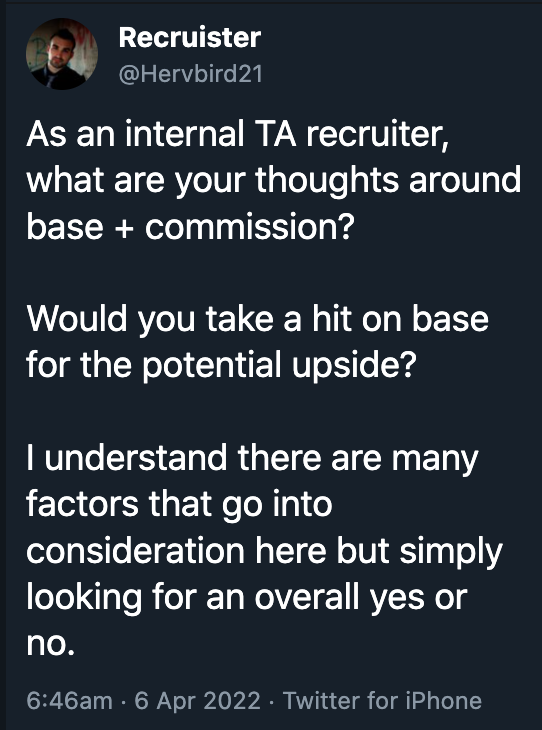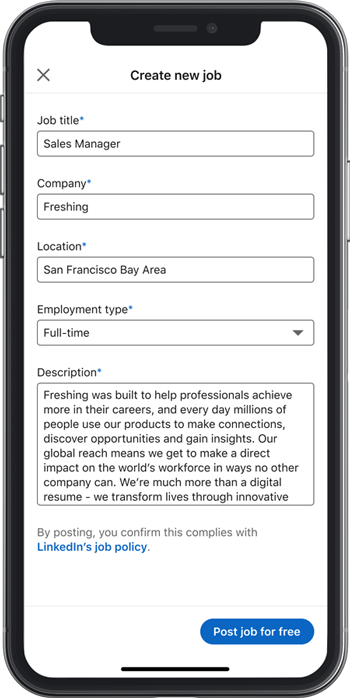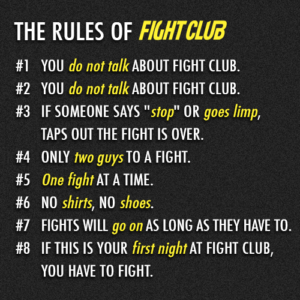Here we go! Your boy is back with some more rules! You know I love me some rules! I’m high rules, and low details, which drives most people crazy!
I was having a conversation recently with some recruiters about texting candidates. For the most part, in recruiting, we’ve gotten to this point where we believe every candidate prefers texting over every other kind of communication. And, if they don’t want a text message, then they want email.
This isn’t exactly true! I did some research and surveyed over 1600 candidates we screened to find out the facts and published it – 6 Things Candidates Want You to Know – you can download it here for free. But I’m not here trying to sell you a free whitepaper!
The entire reason we believe candidates prefer text over any other form of communication is some creative marketing around text vs. email response rates in overall text vs. email communications. Now, this is where all of this falls apart. I get over 500 emails per day. I get maybe 25-50 messages. Of course, I’m going to respond more to text messages vs. email. But that doesn’t mean, as a candidate, I want text vs. email, necessarily!
This all lead me down a path where I believe we need some rules around texting as recruiters!
The Recruiter Texting Rules:
Rule No. 1 – As the first outreach to a candidate you don’t know, texting is not preferred by candidates. They don’t know you, and they certainly don’t want you jumping into their private text messages with a spammy job offer!
Rule No. 2 – No one of quality ever accepted an interview and job offer through text message without first speaking to a real human. Pick up the god damn phone. Once a candidate is all in with you, then yes, they will most likely only want texts from you.
Rule No. 3 – Give me a way to opt-out of your bad text recruiting automation hell! For one, it’s the law. But, most still make it way too difficult to stop the automated texts.
Rule No. 4 – Just because you have my number as a candidate does not give you permission to stalk me for a date. It’s super creepy!
Rule No. 5 – If we aren’t friends, don’t text me like we are friends. Avoid sarcasm. Keep it professional and short.
Rule No. 6 – If it feels like you’re sending candidates too many text messages. You are sending candidates too many text messages! Also, don’t text me a novel! Send long stuff in an email.
Rule No. 7 – If I ask you a question, answer the damn question! We are adults. You can tell me the truth I don’t need some run-around answer that doesn’t really answer my question.
Rule No. 8 – If you expect me to respond within minutes. I expect you’ll respond within minutes. Set the ground rules around expectations early.
Rule No. 9 – Never! And I mean, NEVER! Text with a green bubble! Just Kidding! 😉
Okay, peeps, what did I forget? Give me your favorite rule for texting candidates in the comments below.



